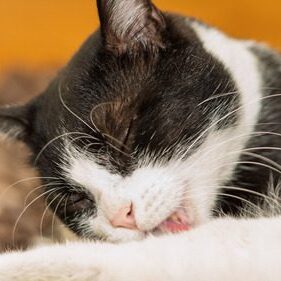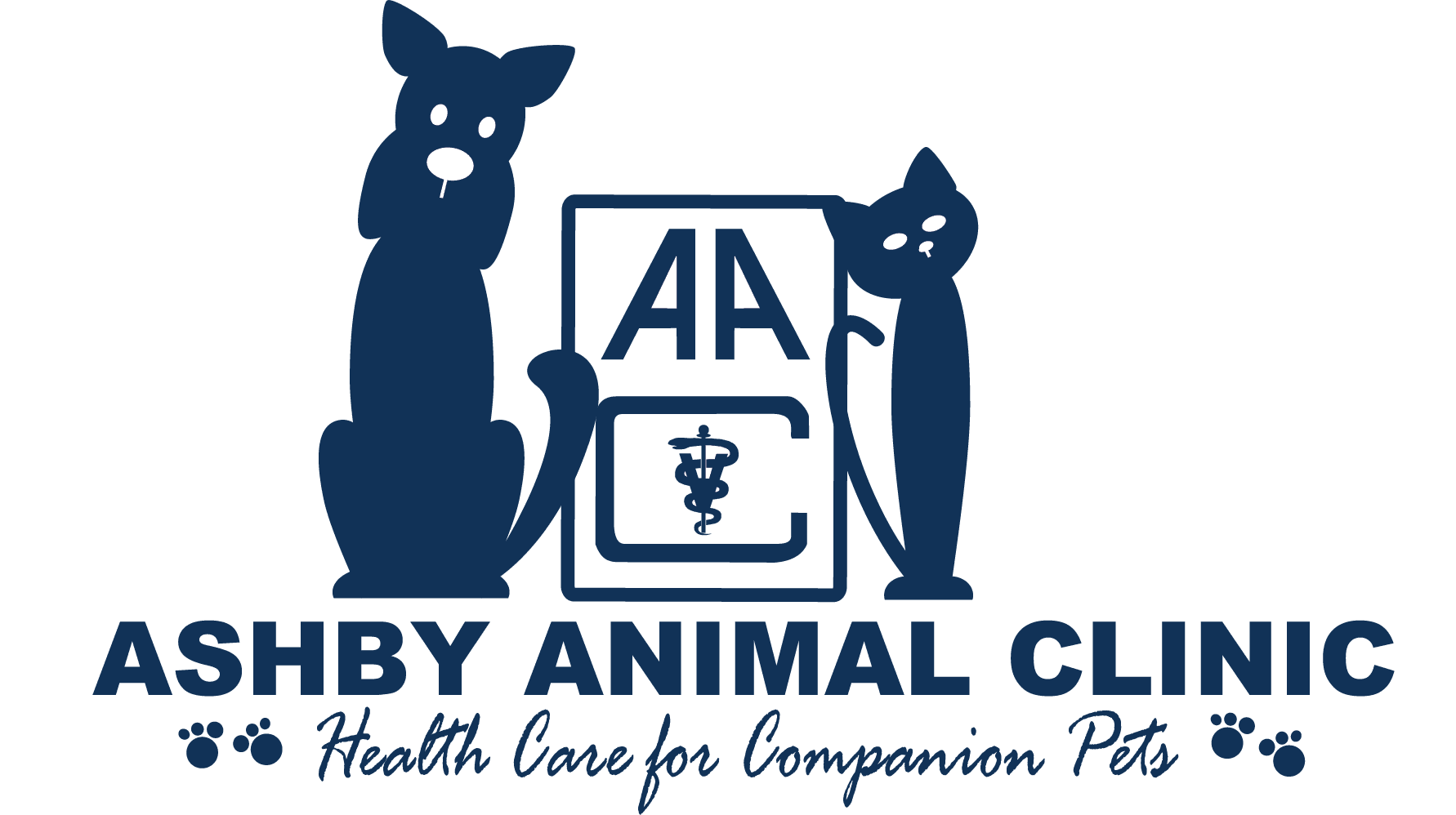Are Cat Hairballs Normal?

Cats have a reputation for being clean and tidy pets, often spending a large portion of their day grooming. While this self-care keeps their coats in good condition, it can also lead to something most cat owners are familiar with: hairballs. Seeing your cat gag or hack before expelling a ball of fur can be unsettling, and many pet parents wonder whether this behavior is normal or a sign of a problem. In this blog, we’ll explore what causes cat hairballs, when they might be a concern, and what they can reveal about your cat’s overall health. If you have questions about cat hairballs or want peace of mind about your cat’s health, call Ashby Animal Clinic at (540) 433-9174 to schedule an appointment with our veterinary team in Harrisonburg, VA.
What Exactly Is a Cat Hairball?
A cat hairball forms when your cat swallows loose hair during grooming. Their tongue has tiny, hook-like structures that grab onto hair and debris. Most of the hair passes harmlessly through the digestive tract, but some can accumulate in the stomach and clump together. Over time, this hair collects into a mass that your cat may eventually vomit up.
While the word “ball” is used, cat hairballs usually look more like a moist tube of fur since they pass through the narrow shape of the esophagus. This appearance often surprises owners who expect something round. Occasional hairballs are common in cats, especially those with long or dense coats, but frequent or difficult expulsion may point to an underlying issue.
Why Do Cats Get Hairballs?
Cats get hairballs primarily due to their natural grooming habits. Their rough tongues are highly effective at removing dirt and excess fur, but this efficiency means that loose hairs often end up in their stomach. Short-haired cats can still experience hairballs, though they tend to occur less often compared to long-haired breeds like Persians or Maine Coons.
Contributing Factors to Cat Hairballs
- Shedding cycles: Seasonal changes increase the amount of loose fur, making hairballs more likely.
- Age: Older cats are more meticulous groomers, so they often ingest more hair.
- Coat length and density: Long-haired cats are at higher risk because their fur naturally tangles and sheds more.
- Indoor environment: Cats living indoors may shed year-round rather than seasonally, creating consistent opportunities for hairballs to form.
Are Cat Hairballs Normal or a Cause for Concern?
Occasional cat hairballs are normal, but frequent or difficult episodes should not be ignored. Most cats may cough up a hairball every couple of weeks, depending on grooming habits and coat type. However, if your cat is gagging regularly without producing anything or seems distressed during the process, it’s worth noting.
When to Pay Closer Attention
- Frequent gagging or retching: Regular attempts without results can signal an obstruction.
- Change in behavior: Lethargy, loss of appetite, or hiding may indicate discomfort.
- Digestive issues: Constipation, diarrhea, or loss of appetite can be linked to excessive hair buildup.
- Size of the hairball: Large hairballs can occasionally create blockages that require veterinary attention.
Your veterinarian can determine whether your cat’s hairballs fall within the range of normal or if they point to a larger concern.
How Hairballs Affect Different Types of Cats
Not all cats experience cat hairballs in the same way. Coat type, age, and overall health can influence how often hairballs occur and how your cat manages them.
Long-Haired Cats
Breeds like Himalayans and Ragdolls tend to struggle more with hairballs. Their thick coats shed and mat easily, making loose hair more likely to be swallowed. These cats may cough up hairballs more frequently throughout the year.
Short-Haired Cats
While less common, short-haired cats can still produce hairballs, especially if they groom obsessively. This behavior may be linked to stress, allergies, or skin conditions.
Kittens vs. Adult Cats
Kittens are usually less skilled at grooming and often don’t develop hairballs until adulthood. As cats age and refine their grooming techniques, hairball frequency may increase.
Common Misconceptions About Cat Hairballs
Many pet parents assume that cat hairballs are always harmless, but this isn’t always the case. While they’re common, they can sometimes indicate underlying health issues.
Hairballs Happen to Every Cat Equally
Not all cats are prone to hairballs. Some may rarely cough them up, while others may do so often. Coat type, age, and lifestyle all influence hairball frequency.
Frequent Hairballs Are Normal
It’s a misconception that weekly hairballs are just part of having a cat. Too many episodes could be a sign of digestive inefficiency, excessive grooming, or even a blockage.
Hairballs Only Affect Indoor Cats
While indoor cats may shed year-round and experience hairballs more often, outdoor cats can still develop them, especially during seasonal shedding periods.
How Cat Hairballs Can Impact Your Home
Although cat hairballs are primarily a health concern, they also affect life at home. The sound of gagging can be distressing, and the cleanup can be unpleasant. Some cats even leave hairballs in unexpected places like beds, rugs, or furniture. Understanding why they happen and how often they occur helps owners manage both their pet’s comfort and their household environment.
Supporting Your Cat’s Health in Harrisonburg
Cat hairballs may be common, but they shouldn’t be dismissed if they happen too frequently. Observing your cat’s grooming behavior and hairball frequency can provide insight into their health. Occasional hairballs are usually no cause for worry, but repeated gagging, loss of appetite, or changes in behavior should prompt a veterinary visit. If you’re concerned about your cat’s hairballs or want guidance on what’s normal, contact Ashby Animal Clinic in Harrisonburg, VA. Call us today at (540) 433-9174 to schedule an appointment. Our team is here to answer your questions and provide expert care tailored to your cat’s needs.
About Us
Ashby Animal Clinic has proudly served the Harrisonburg community for over 50 years, offering personalized veterinary care for pets at every stage of life. With a dedicated team and a wide range of services, we focus on providing individualized attention and advanced medical support to every patient.
Have questions after reading this blog or need to schedule care for your pet? Call Ashby Animal Clinic or request an appointment online. We’re here to help!
